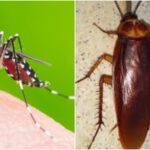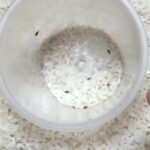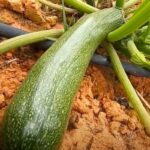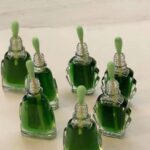Lettuce and Parsley
These leafy greens are quick-growing and can be harvested year-round. They are versatile and can be enjoyed raw, in hot pot, or cooked in soups. While some believe these leaves are susceptible to insect damage, cabbage worms dislike the smell, and white butterflies do not lay their eggs on them.
Typically, only snails may cause damage to these plants. To ensure your lettuce and parsley are safe to consume, thoroughly wash them after purchase.
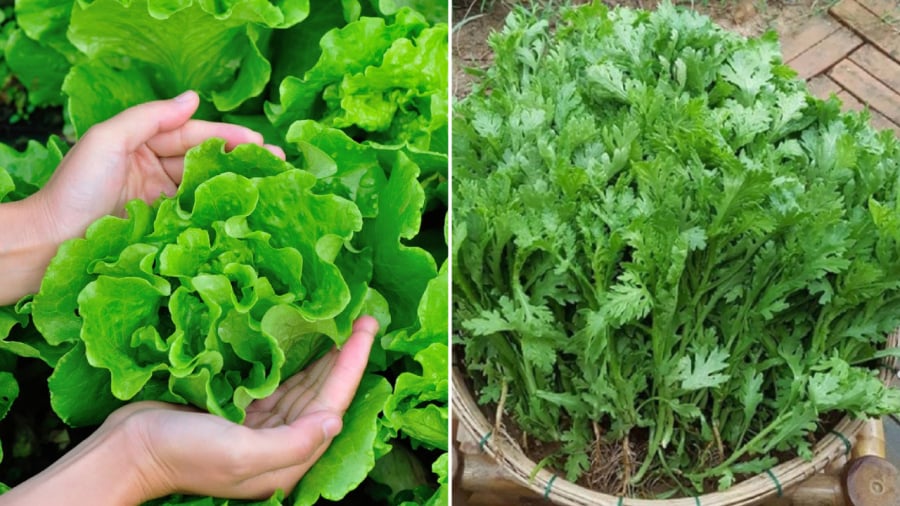
Vegetables such as lettuce, parsley, chrysanthemum greens, coriander, and dill usually have a short growth period and emit a distinctive odor that repels insects.
Chrysanthemum Greens, Dill, and Coriander
These herbs are commonly grown and feature a strong aroma that effectively repels insects. Most insects tend to stay away from these strongly scented plants.
Loofah
Loofah is primarily a summer crop. It contains compounds that repel small insects and pests. Loofah fruits are typically unaffected by insects, and they can even halt the development of pests.
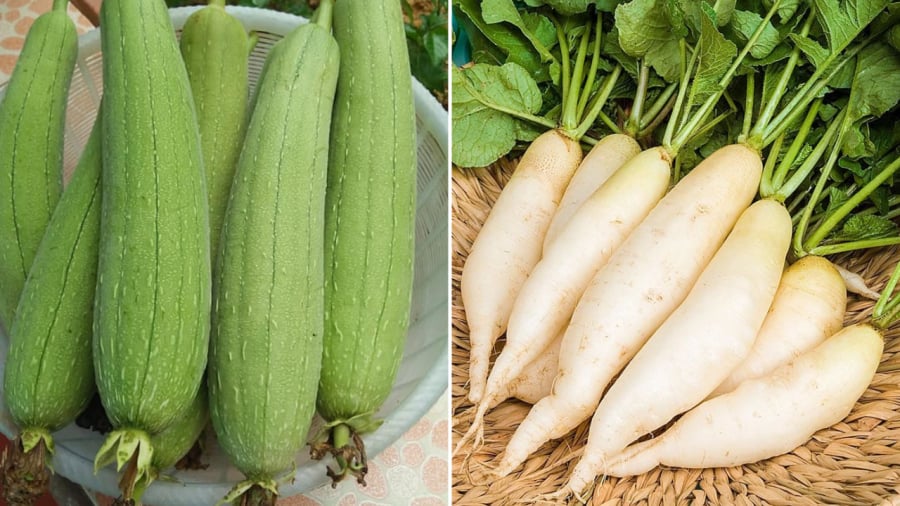
Loofah and radish also have the ability to grow well and resist insect attacks.
Radish
Radishes are typically planted in early autumn and harvested in winter. They are one of the vegetables that do not require insecticides. Their flavor does not appeal to insects, and as they grow underground, harmful insects cannot affect them.
Pumpkin
Pumpkins have a sweet, nutty flavor and are packed with fiber and vitamins. They have a well-developed root system and are highly adaptable and resistant to pests and diseases. Even if attacked by some insects during their growth, pumpkins can heal themselves without the need for pesticides.
Potato
Potatoes do not require insecticides during their growth, as the tubers are entirely underground. Insects cannot access the potatoes, and the tubers also have a fine hair-like structure that prevents insect intrusion.
Onion
Onions have a spicy, pungent taste and smell that insects find repulsive. They are highly nutritious, providing fiber and various vitamins and minerals that boost immunity.
What Vegetables and Fruits Should You Plant in August for a Quick Harvest and Minimal Pests?
August is the perfect month to plant a variety of vegetables and fruits that will thrive and provide a bountiful harvest. This month, focus on quick-growing crops that will reward your efforts with a delicious yield. With careful planning and easy care, you can soon enjoy a plentiful supply of fresh produce from your garden.

























